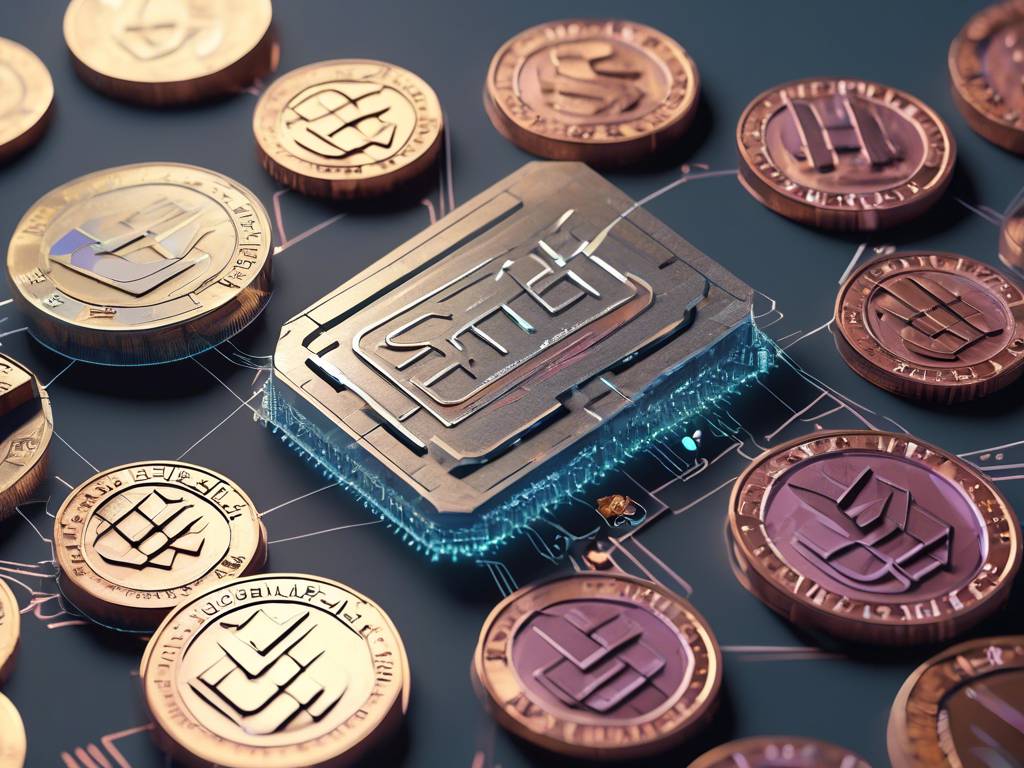The Uniswap SEC Battle: What It Means for DeFi
As a crypto enthusiast, you are likely following the recent developments involving Uniswap and the SEC closely. The issuance of a Wells Notice to Uniswap’s CEO, Hayden Adams, signals potential regulatory challenges for the DeFi market sector. This legal battle could have far-reaching implications for the future of decentralized finance. Let’s delve into the details of this unfolding saga and its potential impact on the DeFi ecosystem.
The SEC’s Allegations Against Uniswap
- The SEC has accused Uniswap of operating as an unregistered securities broker and exchange.
- This marks the SEC’s first aggressive move against a major player in the DeFi sector.
- The status of Uniswap’s native token, UNI, as a potential security adds complexity to the situation.
These allegations have already had a significant impact on Uniswap, with the price of UNI dropping by 15% and trading volumes surging following the announcement. Traders have also expressed concerns, leading to a “significant amount of FUD” surrounding Uniswap. The unfolding legal battle could redefine the boundaries of DeFi operations in the US and influence the regulatory landscape for decentralized finance platforms.
The Legal Debate: Technology Service Providers vs. Securities Brokers
- DeFi operators argue they are technology service providers facilitating independent crypto-asset transactions.
- They assert that they do not exert control over transactions, distinguishing themselves from traditional trading venues.
- The SEC is expected to push for DeFi platforms to comply with existing regulatory frameworks governing securities brokers.
This legal dispute has far-reaching implications for the DeFi sector in the US. The outcome of the SEC v. Uniswap case could determine the legal status of DeFi platforms and set a precedent for future regulatory actions. It’s a pivotal moment that could either foster innovation and growth or impose stringent restrictions on the DeFi ecosystem.





 By
By
 By
By

 By
By

 By
By